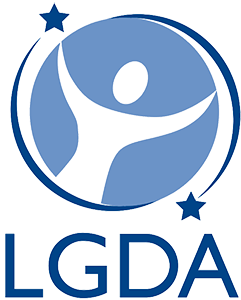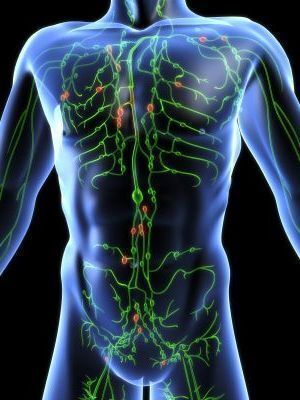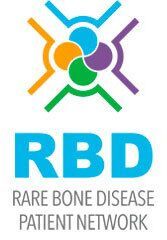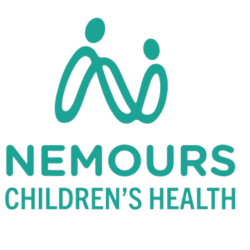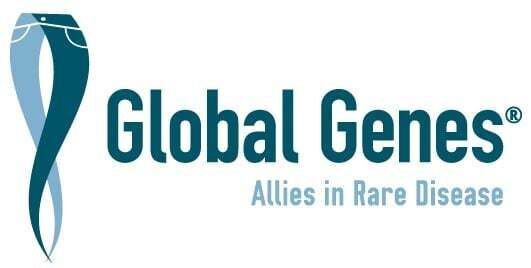
Vascular anomalies (VAs) encompass a wide range of congenital conditions affecting the venous and lymphatic systems, including hemangiomas and various malformations. While some conditions are relatively common, many VAs are rare and complex, often leading to misdiagnosis and mistreatment. For families navigating a VA diagnosis, the journey is challenging, requiring not only medical care but also emotional resilience and strong coping mechanisms.
A recent study sheds light on the unique stressors faced by parents of children with VAs and the strategies they use to cope individually and as a team. This research highlights the need for tailored support systems and interventions to improve outcomes for both children and their families.
The Complex Reality of Vascular Anomalies
The International Society for the Study of Vascular Anomalies classifies VAs into two categories: vascular tumors (e.g., hemangiomas) and vascular malformations (e.g., capillary, venous, lymphatic, or mixed malformations). Among these, infantile hemangiomas are the most common, but many children have rarer, more complex VAs, such as those associated with genetic syndromes like PIK3CA-related overgrowth spectrum (PROS). These conditions can cause pain, disfigurement, and dysfunction, adding layers of complexity to diagnosis and care.
Misdiagnosis and delayed treatment are unfortunately common, often due to limited knowledge among primary care providers. Even when expert care is accessed, families must navigate logistical, financial, and emotional hurdles.
Stressors and Uncertainty for Parents
Parents of children with VAs experience a wide range of stressors, including:
- Medical: Concerns about their child’s symptoms, prognosis, and treatment options.
- Logistical: Challenges in coordinating care, transportation, and maintaining daily routines.
- Financial: The high cost of care and its impact on family income.
- Personal/Identity: The strain on parents’ roles and uncertainty about their child’s future.
- Social/Relational: The effects of stigma, family dynamics, and potential impact on relationships.
These stressors often lead to uncertainty about their child’s condition and future, creating emotional and psychological strain on families.
Coping Strategies in the Face of Stress
Parents in the study employed a variety of coping strategies, including:
- Active Coping: Proactively managing their child’s care, creating plans, and seeking solutions.
- Cognitive Reframing: Focusing on positive aspects or preparing for worst-case scenarios.
- Seeking Support: Turning to friends, family, or professionals for emotional or informational help.
- Avoidance and Distraction: Taking mental breaks or compartmentalizing emotions to stay functional.
- Acceptance: Trusting the process and taking things day by day.
Fathers were more likely to internalize stress, while mothers often engaged in cognitive reframing. Differences in coping styles occasionally led to conflicts but also offered opportunities for complementary approaches.
The Role of Dyadic Coping
When both parents are involved, coping becomes a shared endeavor. The study identified several types of dyadic coping:
- Collaborative Coping: Working together as a team to address challenges.
- Supportive Coping: Offering emotional or tangible support to the more stressed partner.
- Delegated Coping: One partner temporarily taking over responsibilities to alleviate the other’s burden.
- Negative Coping: Miscommunication or conflicting strategies leading to frustration or tension.
Effective dyadic coping often involved communication and leveraging each partner’s strengths. Parents who engaged in collaborative coping reported lower stress levels and stronger relationships.
Implications for Support and Interventions
The findings underscore the need for interventions tailored to the unique challenges faced by families dealing with VAs. Potential strategies include:
- Education and Information: Providing accessible, credible information about VAs to empower parents and alleviate uncertainty.
- Psychosocial Support: Offering counseling or support groups to address emotional and relational stressors.
- Coping Workshops: Teaching effective coping strategies and fostering conversations about individual and dyadic preferences.
- Family-Centered Care: Creating multidisciplinary care plans that involve both parents in decision-making and stress management.
Looking Ahead
Caring for a child with a vascular anomaly is a journey that requires resilience, adaptability, and support. This research emphasizes the importance of understanding the diverse coping strategies of parents and providing interventions that address the complexities of their experiences. By fostering collaboration between families and healthcare providers, we can create a more supportive environment for children with VAs and their families, ensuring better outcomes and improved quality of life.
Reference: Dyadic coping experiences of parents of children with vascular anomalies. Kerr AM, Wehrli J, Contente C, D P, Sisk BA. Pediatr Blood Cancer. 2024 Nov;71(11):e31261.
